6 interesting facts about wine for your next dinner party
Whether you’re looking to up your wine knowledge or just want to have a few interesting conversation starters for your next dinner party, we’ve got you covered. We went to the sixth edition of La Paulée, hosted by Constance Hotels & Resorts in Mauritius and here are some facts about wine we learnt there.
1. La Paulée celebrates the harvest in Burgundy, France
Yes, we know that we said we went to La Paulée in Mauritius, but this was inspired by the original event that happens in France. According to lapaulee.com, the tradition started in the Middle Ages, when Cistercian monks invited their vineyard labourers to a celebration at the end of harvest. This tradition was revived in 1923 by Jules Lafon, one of Burgundy's most respected wine growers at the time. In 1932 it became an official annual event and has evolved to include anyone who is interested in wine, not just winemakers and labourers. The celebration takes place over a few days and ends in a gala event where wine and food take centre stage.
La Paulée in Mauritius is hosted by the Constance Hotel group and involves a week of wine classes, wine-pairing dinners with winemakers, an in-house sommelier competition and a grand gala night complete with wine auctions.

ALSO READ: What it’s like being on a press trip in a luxury hotel in Mauritius
2. In Burgundy, winemakers taste red wines before white wines
It's common practice around the world to start your wine tastings with white wines, but apparently, that is not always the case in Burgundy. According to Aurore Devillard, the fifth-generation owner of Domaines Devillard, in Burgundy, the winemakers start tastings with red wines. This is because red wines tend to be more complex than white wines, so they prefer having a fresh palate when tasting so they can discern all the notes and flavours better. The white wines refresh the palate after tasting the reds.
But before you mix things up too much at your home tasting, it's recommended that you start a tasting with white wine. As a general rule: white wines before red wines, young wines before old wines, and light wines before full-bodied wines.
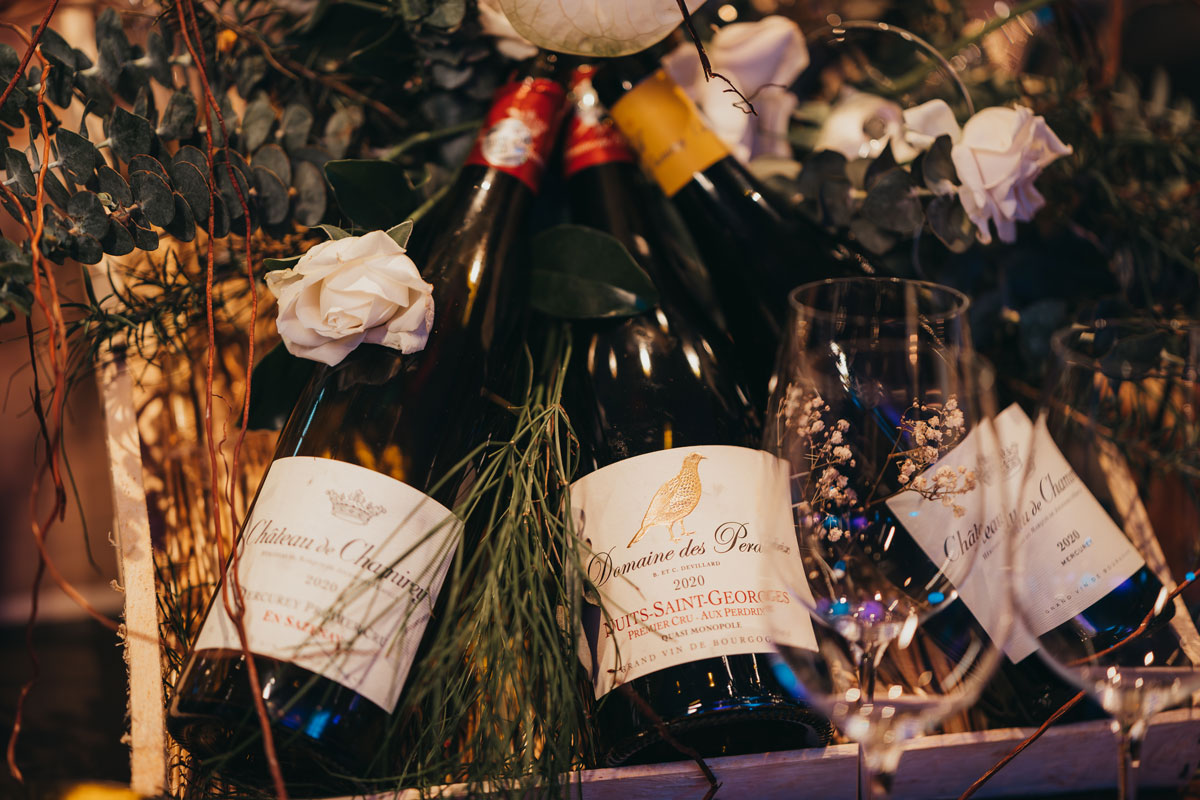
3. More South African wines are being introduced to European restaurants
We know that South Africa has world-class wines, but that may not be the sentiment in Europe. This is because there is a lot of cheaper, mass-produced SA wine exported to Europe and placed in their supermarkets. This has affected the perception of our wine, but that is slowly changing. Donovan Rall, owner and winemaker at Rall Wines, says that people in Europe are being introduced to high-quality SA wine through restaurants. Restaurants that pride themselves on having diverse wine collections are including more of our wines and, because the standard is high, only the best of the best make the cut. According to Donovan, this exposure is opening people's eyes to South African wine and helping smaller winemakers like himself break into that market.
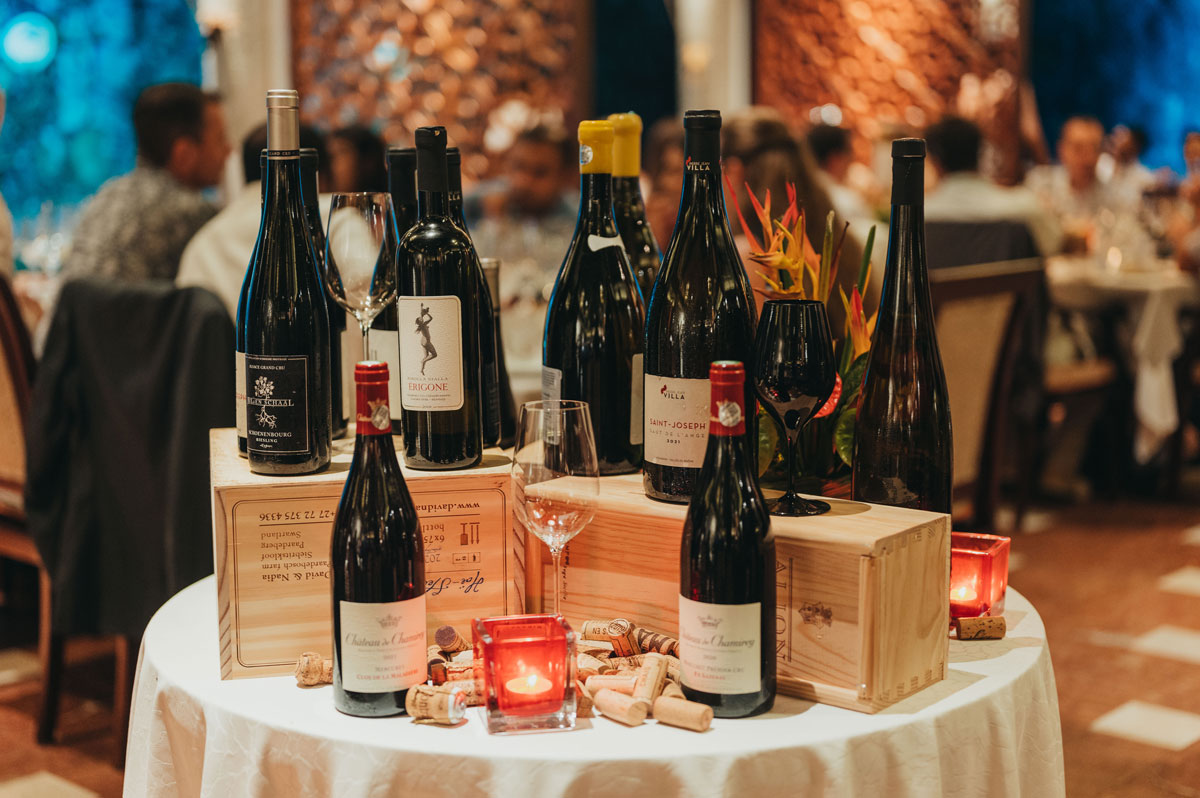
ALSO READ: How to read wine labels
4. Sommeliers are more observant than you think
We all know that a sommelier's main objective is to sell wine. Yes, they are equipped with a lot of knowledge of different wines and spirits and what will work best with your meal, and they happily share it with you. But this is all in the hopes that you'll buy a bottle (or more). As we learnt during the sommelier competition at La Paulée, estimating what a customer is willing to spend is a big part of the job. Recommendations are based on the flavour profiles of the food, but sommeliers also look at your clothes, accessories, and how you present yourself all in a bid to estimate your wealth. Sometimes they will know the background of the guest they are serving. This is because they need to strike a delicate balance between recommending a good wine and something that fits the guest's price range. Go too high and a guest won't buy a bottle, go too low and the guest may be insulted.
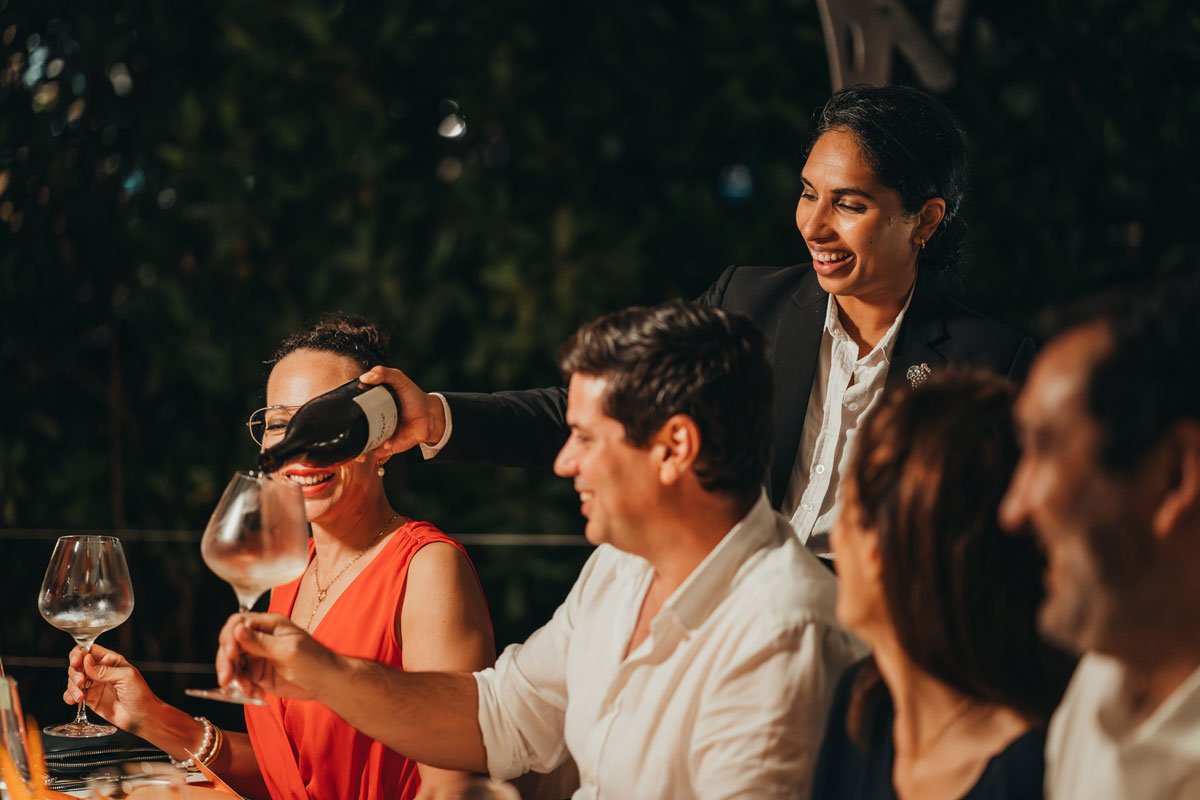
5. Serine: the wine varietal you never heard of
Serine is a grape varietal that is found in northern Rhône in the Côte-Rôtie appellation in southern France. It was brought to our attention at La Paulée by winemaker Pierre Jean Villa, who makes wine in that region. Serine is a red varietal closely associated with Syrah. There is debate whether it's a clone of Syrah, another name for it or if it's a varietal on its own. But according to Pierre Jean, it's a rare varietal that is used in the Syrahs of the Rhône Valley. Serine almost went extinct, but the Côte-Rôtie appellation association has worked hard to conserve and grow the varietal so it does not die out. Pierre Jean adds that it's a tricky varietal to work with, so it's rare to get a 100% Serine red wine, but some winemakers do make them.
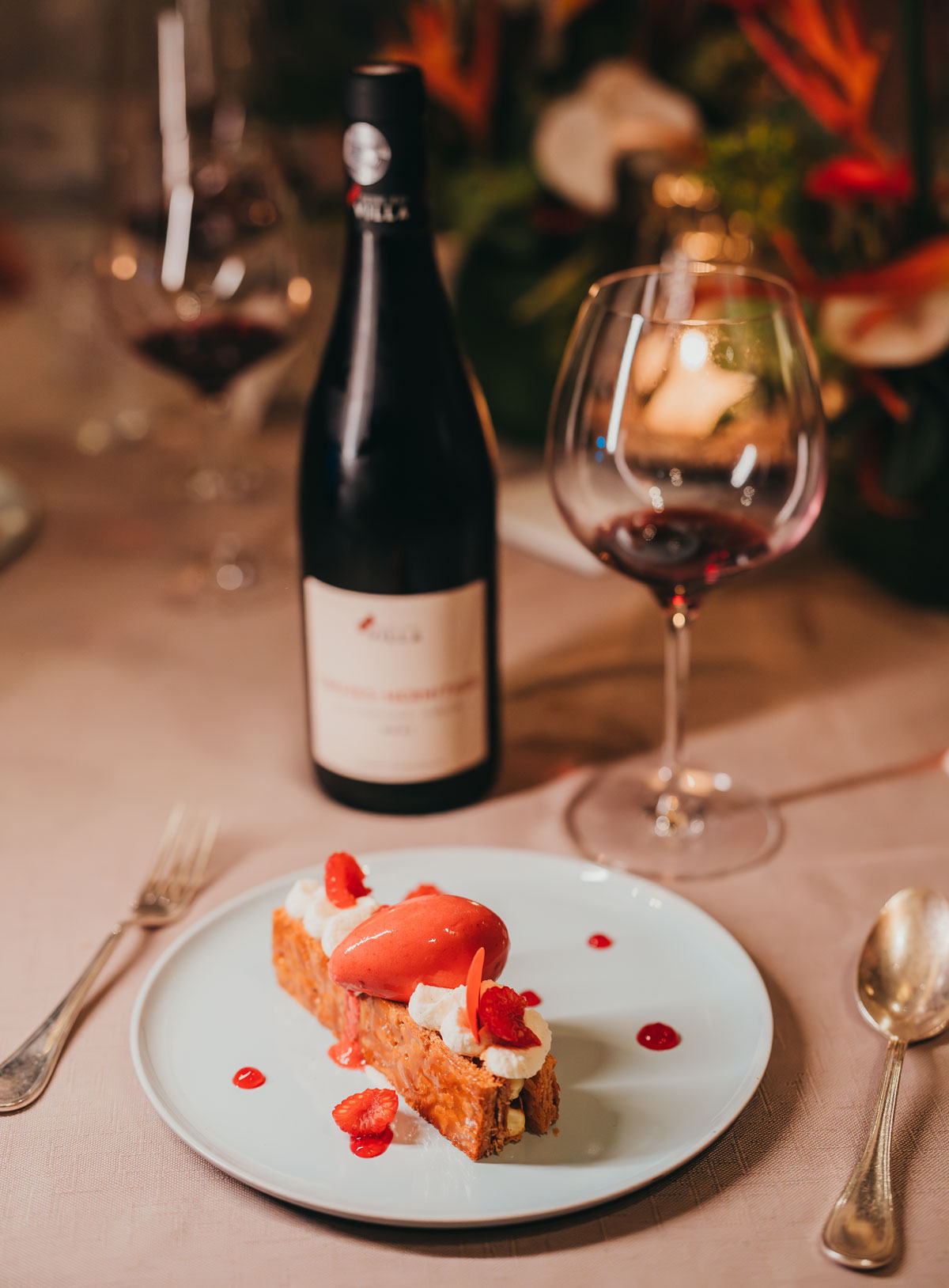
6. More French winemakers are producing wine in South Africa
One of La Paulée's featured winemakers was Julien Schaal, a French winemaker who produces wine in Alsace, France and the Cape Winelands, predominantly in Elgin. Despite being French, he and his wife Sophie both fell in love with South Africa while working here. Julien says he knows of at least 12 French winemakers who are also producing wine in South Africa and that this number is likely to grow. According to him, the biggest attraction South Africa has is the cost. It is much cheaper to make wine here, plus the harvest season is opposite to that in France making it possible to produce in both countries. Another attractive factor is our soil. Julien says that South Africa may not have a lot of varied soil like in France, but it's distinct. This is because the continent is old and this contributes towards making interesting wines.
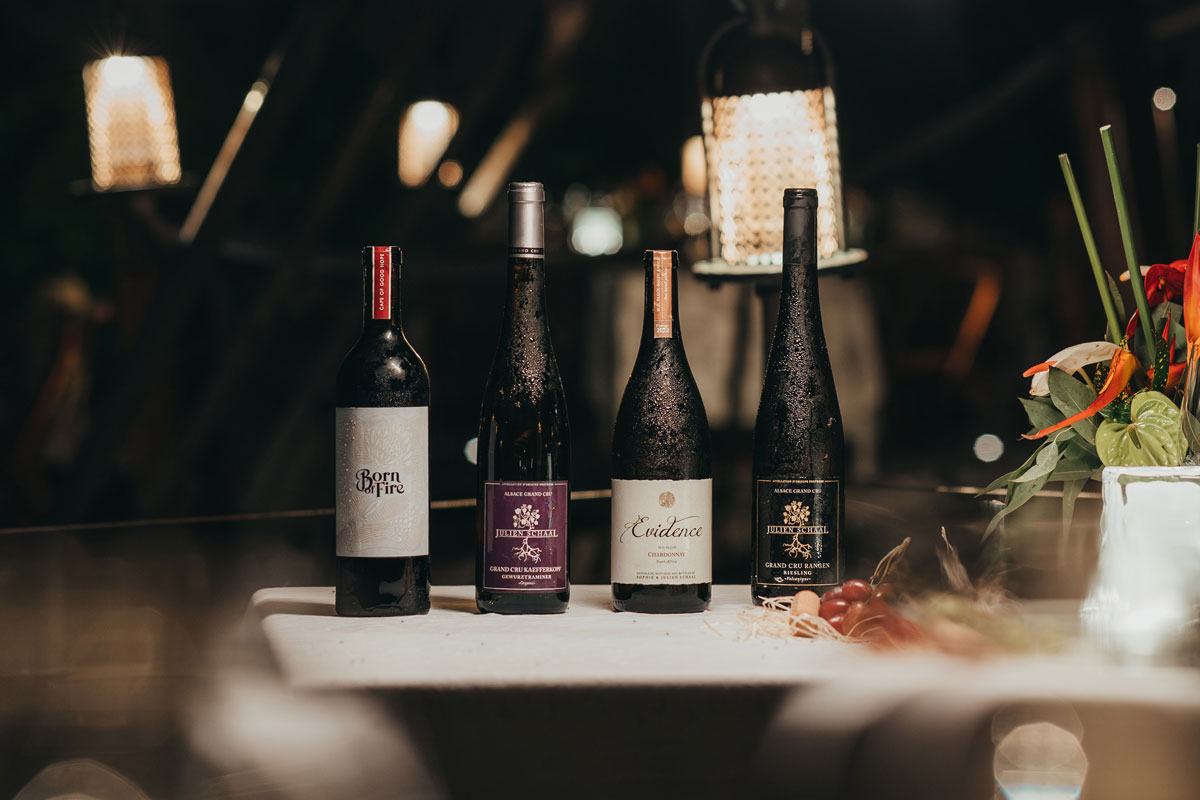
ALSO READ: Which wine glass to use when
If you're interested in the next La Paulée, hosted by Constance Hotels & Resorts, keep an eye on their website for information on next year's event.


Comments